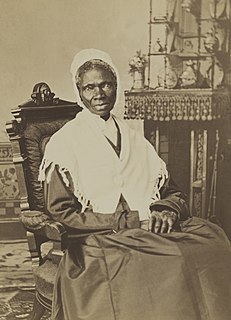A Quote by Martin Luther King, Jr.
Of course, there is nothing new about this kind of civil disobedience. It was seen sublimely in the refusal of Shadrach, Meshach and Abednego to obey the laws of Nebuchadnezzar because a higher moral law was involved. It was practiced superbly by the early Christians who were willing to face hungry lions and the excruciating pain of chopping blocks, before submitting to certain unjust laws of the Roman empire.
Quote Topics
About
Because
Before
Blocks
Certain
Chopping
Christians
Civil
Civil Disobedience
Course
Disobedience
Early
Empire
Excruciating
Excruciating Pain
Face
Higher
Hungry
Hungry Lion
Involved
Kind
Law
Laws
Lions
Moral
Moral Law
New
Nothing
Nothing New
Obey
Pain
Practiced
Refusal
Roman
Roman Empire
Seen
Unjust
Unjust Laws
Were
Willing
Related Quotes
It is dangerous to tell the people that the laws are unjust; for they obey them only because they think them just. Therefore it isnecessary to tell them at the same time that they must obey them because they are laws, just as they must obey superiors, not because they are just, but because they are superiors. In this way all sedition is prevented.
[Before the Civil Rights Act of 1964], many governments in southern states forced people to segregate by race. Civil rights advocates fought to repeal these state laws, but failed. So they appealed to the federal government, which responded with the Civil Rights Act of 1964. But this federal law didn't simply repeal state laws compelling segregation. It also prohibited voluntary segregation. What had been mandatory became forbidden. Neither before nor after the Civil Rights Act were people free to make their own decisions about who they associated with.
There has been no clearer principle of English or American constitutional law than that, in criminal cases, it is not only the power and duty of juries to judge what are the facts, what is the law, and what is the moral intent of the accused; but that it is also their power, and their primary and paramount duty, to judge the justice of the law, and to hold all laws invalid, that are, in their opinion, unjust or oppressive, and find all persons guiltless in violating, or resisting the execution of, such laws.






































